1. Sunday Dinners Felt Like Family Reunions
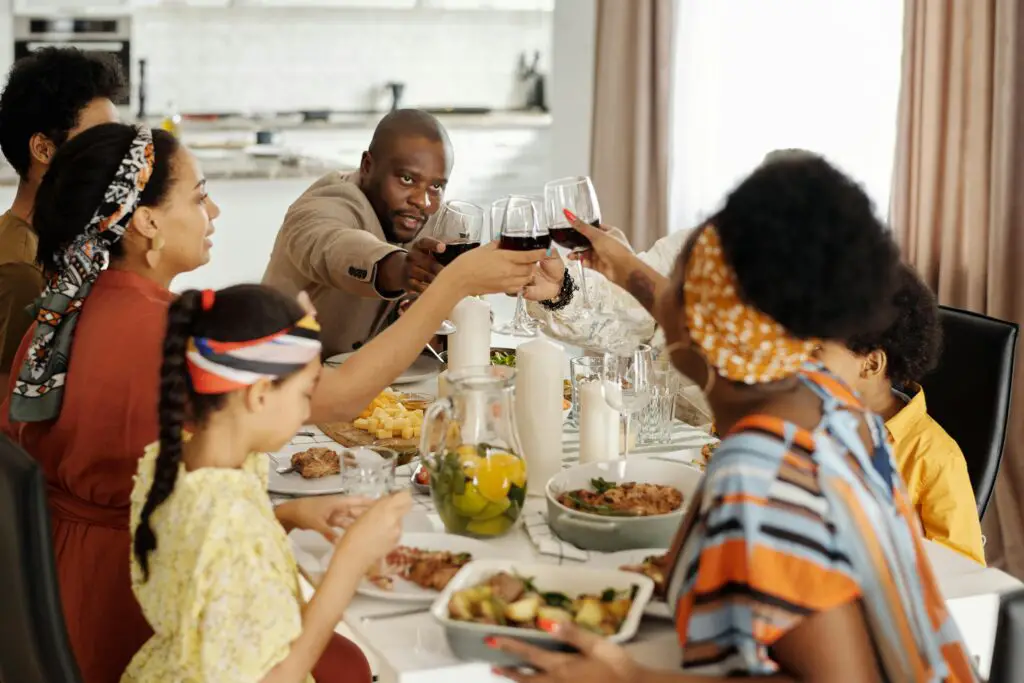
Sunday dinners in a multigenerational household were more than meals—they were events. Grandparents, parents, aunts, uncles, and cousins all gathered around a long, mismatched dining table. The smell of slow-cooked stew or homemade lasagna filled the house long before dinner started. Everyone had a specific role: setting the table, preparing dishes, or entertaining the little ones to keep them out of the kitchen. Stories flowed freely, with grandparents reminiscing about “the good old days” and kids sharing their latest school adventures. There was always laughter, even if it came from teasing or a joke that only the family understood. Arguments about whose recipe was better often erupted, only to end in hearty compliments after the first bite according to Vox.
Even clean-up felt like a bonding activity, with everyone pitching in, even if reluctantly. Dishwashing turned into a dance, with people bumping elbows and cracking jokes. These dinners were where you learned family history, often pieced together like a puzzle from everyone’s memories says Pew Research Center. Birthdays or accomplishments were celebrated with an extra dish or dessert. Even the simplest meals tasted like feasts because they were shared. You couldn’t leave the table without being absolutely full—or without someone insisting you have “just one more serving.”
2. Endless Wisdom and Stories From the Older Generation
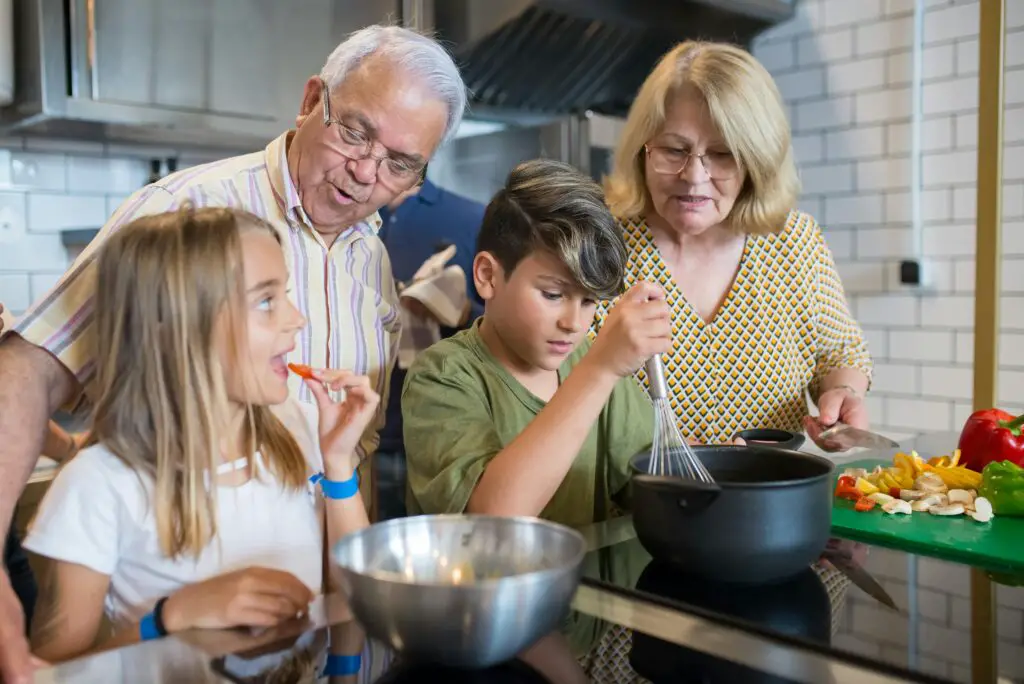
Living with grandparents meant constant access to stories that felt like windows to another world. They’d recount tales of their youth, painting vivid pictures of a time before smartphones or even color TVs. Some stories felt like life lessons in disguise, like how they met during wartime or saved for their first home. Others were simply entertaining, like the time they snuck into a movie theater as teenagers or danced all night at a town fair. Their wisdom wasn’t limited to grand tales—it showed up in everyday moments, like the best way to plant tomatoes or how to mend a torn jacket.
But the stories weren’t one-sided; they made you feel part of their journey. You’d laugh with them at their mischievous antics and gasp at the challenges they overcame. The best part was that they never seemed to run out of new tales to tell. Their memories weren’t just lessons—they were bridges connecting generations. Those stories were shared over cups of tea or during quiet evenings when the TV was off. They became treasures, carried with you even after they stopped telling them says Scary Mommy.
3. Instant Babysitters Who Went Above and Beyond
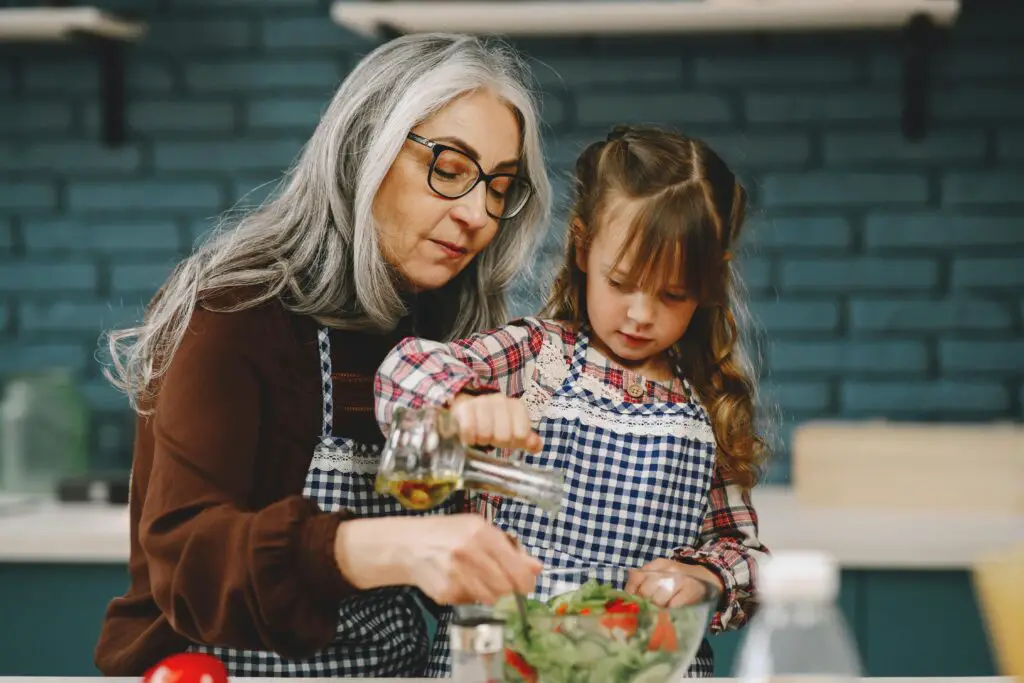
In a multigenerational home, there was always someone to watch over you. Grandparents weren’t just babysitters; they were your confidants, playmates, and sometimes even co-conspirators. They’d let you sneak an extra cookie or stay up a little later than usual. But they also kept an eagle eye on your safety, yelling reminders to “look both ways” or “wear a jacket.” They had a knack for telling bedtime stories that no book could compete with, weaving in just the right mix of magic and morals explains J.P. Morgan.
When parents were too busy, grandparents or older relatives stepped in without hesitation. They taught you how to play card games, build puzzles, or bake cookies from scratch. They had infinite patience, explaining things over and over until you finally got it. While they might not always understand the latest toys or games, they made up for it with enthusiasm. Babysitting wasn’t just about keeping you busy; it was about creating memories explains Zillow.
4. Celebrations Were Bigger, Louder, and More Memorable
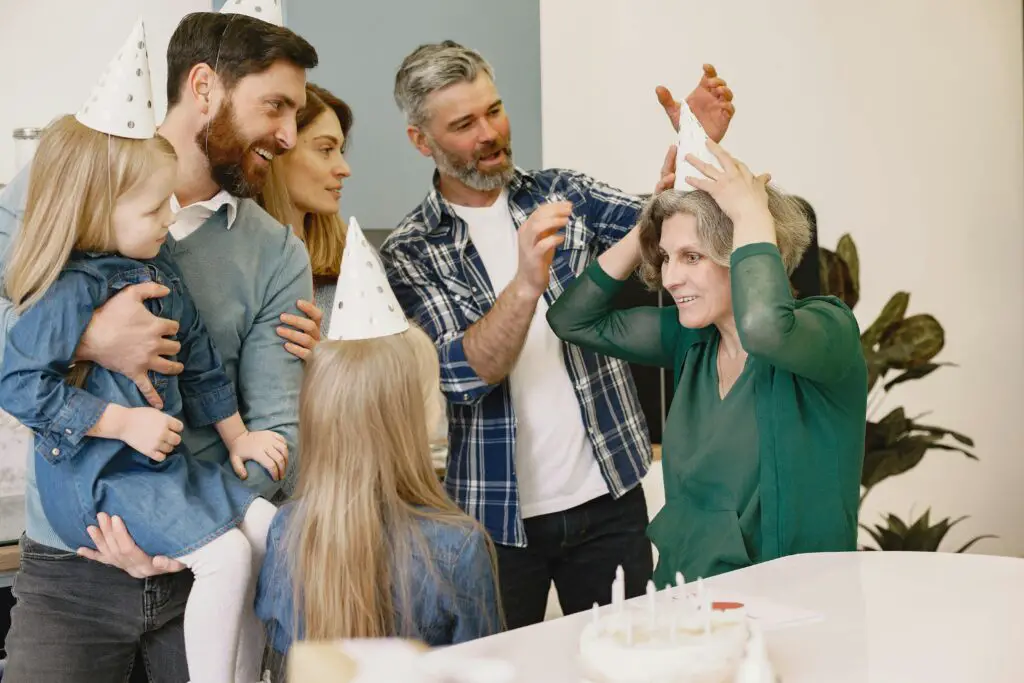
Birthdays, holidays, and even minor milestones turned into grand affairs when celebrated in a multigenerational home. There were always multiple hands to decorate, cook, and prepare surprises. Cake recipes were often debated days in advance, with each generation having a strong opinion. On the day of the event, the house buzzed with energy. The youngest cousins usually became messengers, running between rooms to deliver instructions or updates. Laughter and music filled every corner of the house, and the smells wafting from the kitchen made waiting unbearable.
Even small achievements, like losing a tooth or passing a test, became reasons for celebration. Gifts were thoughtful and often homemade, adding a personal touch. Someone always made sure there were enough photos taken, even if it meant forcing everyone into one chaotic group shot. By the end of the day, you’d feel both exhilarated and utterly exhausted. These celebrations weren’t just about the occasion; they were about coming together and creating memories that would last a lifetime.
5. A Never-Ending Supply of Hugs and Comfort

In a multigenerational household, love was everywhere—sometimes even when you didn’t want it. Bad day at school? A hug and your favorite snack were waiting. Feeling under the weather? Someone was already preparing a remedy, whether it was chicken soup or herbal tea. You could always find a lap to sit on or a shoulder to cry on. Emotional support didn’t come with conditions; it was just there, like a safety net you never outgrew.
Sometimes comfort came in small, unexpected ways, like finding your blanket already warmed or having someone quietly listen to you vent. Even disagreements couldn’t erase the sense of belonging. Grandparents had a way of making you feel special, even if you weren’t the only grandchild. They knew how to say just the right thing—or nothing at all—when you needed reassurance. This constant well of love was something you didn’t fully appreciate until you left and realized not everyone had it.
6. Learning Life Skills Without Realizing It
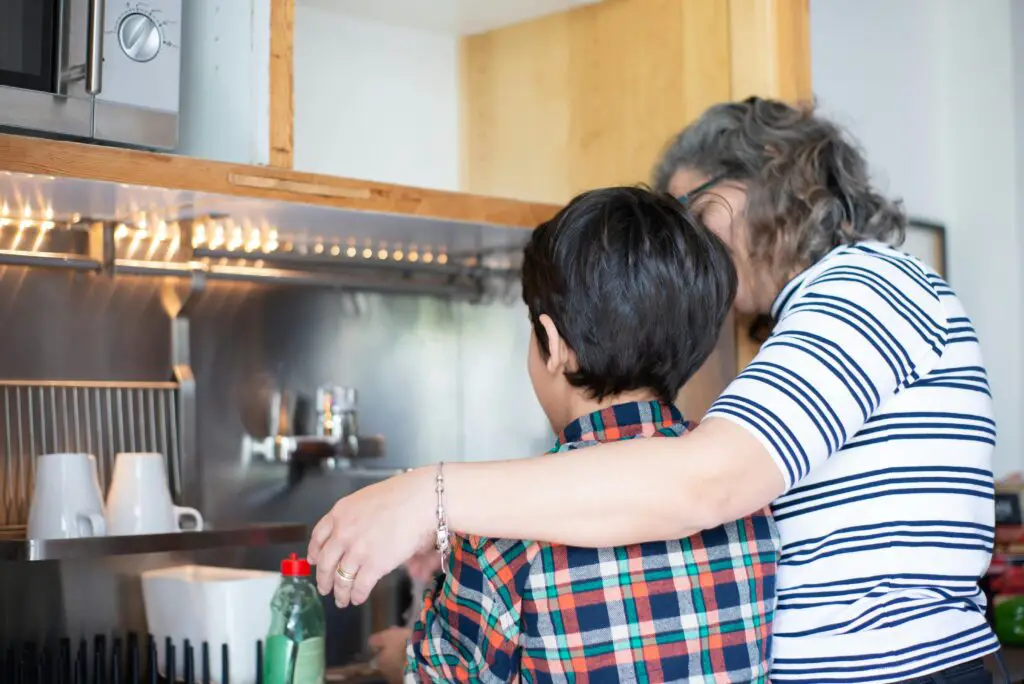
In a multigenerational household, life lessons were a natural part of daily life. You didn’t need formal classes to learn how to sew a button, fix a squeaky hinge, or whip up a meal from random pantry staples. Watching your grandparents or parents handle everyday tasks taught you problem-solving without them even trying. Baking cookies turned into a lesson about measurements, while gardening became a hands-on science class. Someone was always willing to explain how to iron a shirt properly or fold a fitted sheet—a skill that seemed magical at first.
These skills weren’t just practical; they were laced with family traditions and personal flair. Recipes came with stories, and household chores often included tips passed down from generations. “This is how my mother did it,” was a phrase you heard often. Even chores you dreaded as a kid felt meaningful in hindsight because they connected you to something bigger. Over time, you realized you weren’t just learning how to do things; you were learning how to take care of yourself and others.
7. A Front-Row Seat to Family Traditions
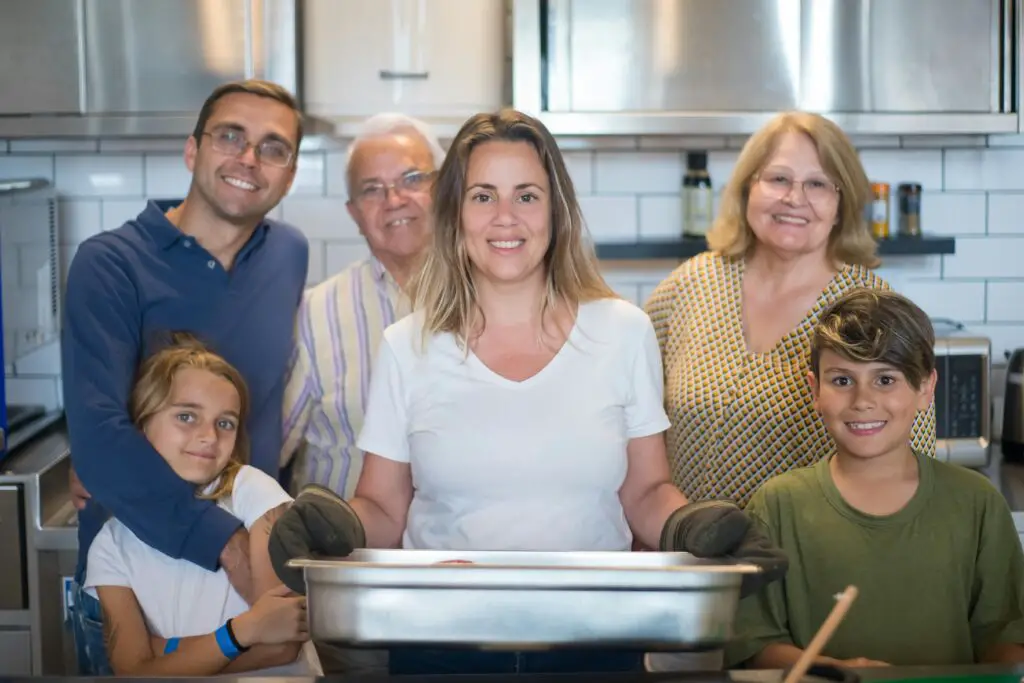
Living with multiple generations meant you didn’t just hear about family traditions—you lived them. Every holiday came with its unique rituals, from the way gifts were opened to the special dishes served. Grandparents often led the charge, teaching you the significance of each tradition. Whether it was making tamales for Christmas or hanging specific decorations for Diwali, these moments gave you a deep sense of identity. They weren’t just routines; they were sacred acts that tied you to your heritage.
Even ordinary days carried small traditions, like the way breakfast was always served at a certain time or how Sunday mornings started with a specific song. These rituals became comforting anchors in a fast-changing world. They were also a reminder that you were part of something bigger than yourself. You didn’t just participate—you became a keeper of these traditions, ready to pass them on when the time came.
8. A Built-In Audience for Every Achievement
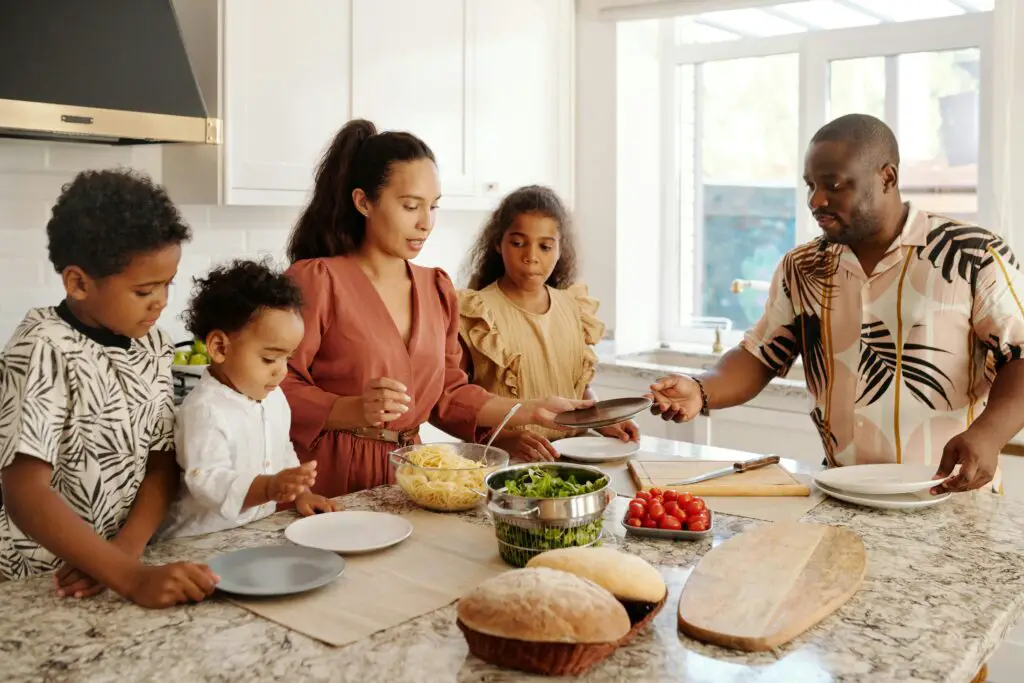
In a multigenerational household, no accomplishment went unnoticed. If you aced a test, finished a project, or scored a goal, you could count on a room full of people to cheer you on. Grandparents were often the loudest supporters, clapping as if you’d won an Olympic medal. Even the smallest milestones, like tying your shoes or baking cookies, were met with pride. They didn’t just celebrate; they made you feel like a superstar.
But the attention wasn’t just about applause. It came with genuine interest and encouragement to keep improving. If you played a song on the piano, someone would ask for an encore. If you painted a picture, it would find a place of honor on the fridge. This constant support built your confidence in ways you didn’t realize at the time. You grew up feeling seen, heard, and valued, which made every effort feel worthwhile.
9. Always Someone to Play With
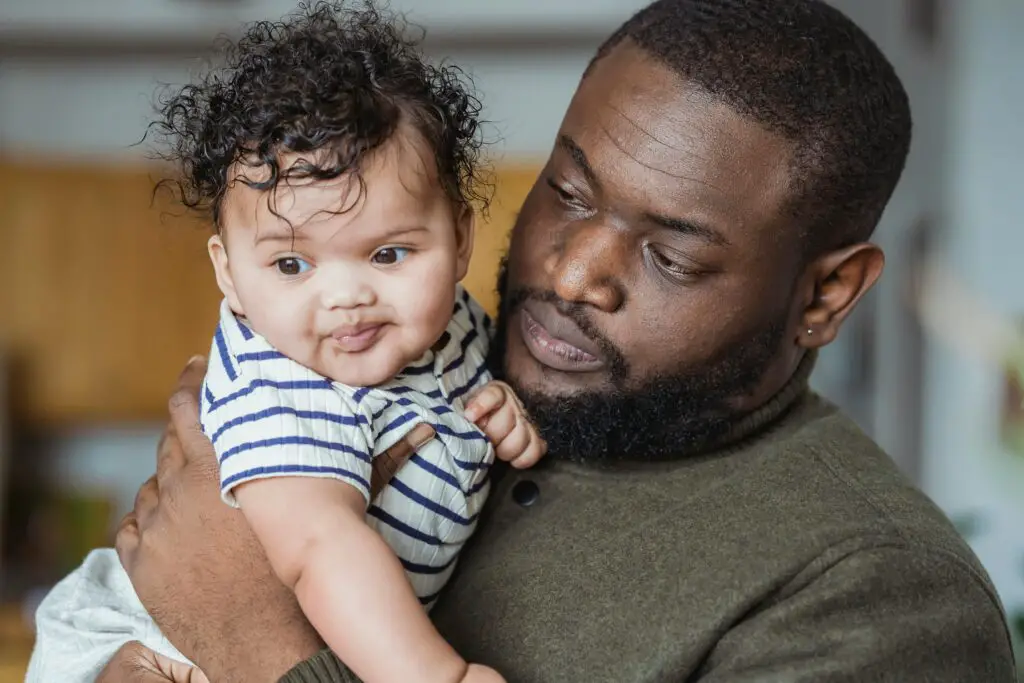
Boredom was a foreign concept in a multigenerational home because there was always someone around. If your siblings were busy, a grandparent would play cards or teach you a classic board game. Older cousins might rope you into their adventures, whether it was building forts or riding bikes around the block. Even the adults joined in sometimes, turning hide-and-seek into a full-family event.
The variety of playmates meant you never outgrew the fun. Each generation brought its own twist, from teaching you traditional games to adapting to your latest craze. Playing wasn’t just about passing time; it was about bonding. These moments weren’t always grand—sometimes, they were as simple as sitting on the floor, laughing over a jigsaw puzzle. But they left an impression, reminding you that play wasn’t just for kids; it was for anyone who wanted to connect.
10. Free Advice, Whether You Wanted It or Not
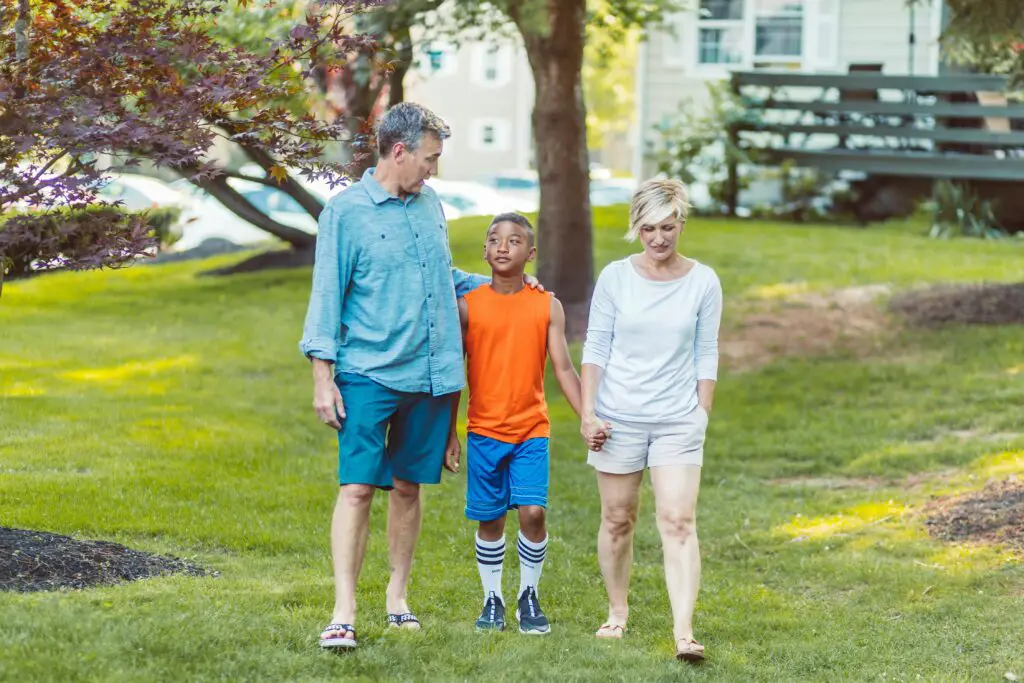
One thing about living with multiple generations: you were never short on advice. Need help with a school project? Dad had tips. Struggling with a crush? Mom or an older cousin had their share of stories. Grandparents, though, were the ultimate advice givers, blending old-fashioned wisdom with practical solutions. Their advice wasn’t always timely or relevant—sometimes, it felt like they were solving problems you didn’t have.
Still, their words carried weight because they came from experience. “Trust me, you’ll thank me later,” was a phrase you heard often, and more often than not, they were right. Even unsolicited advice came from a place of love, reminding you that someone cared enough to help. While it sometimes felt overwhelming, you grew up knowing you had a network of people ready to guide you.
11. A Deep Understanding of Compromise

Sharing a home with so many people taught you patience and flexibility. Whether it was deciding on a TV show to watch or figuring out who got the last piece of cake, you learned the art of give and take. Arguments happened, of course—who got the bathroom first was a recurring debate. But you also learned how to resolve conflicts, sometimes with humor and other times with heartfelt apologies.
These daily negotiations built your emotional intelligence without you realizing it. You learned how to read the room, pick your battles, and prioritize relationships over being right. Compromise wasn’t just about avoiding fights; it was about creating harmony in a busy, chaotic household. These lessons followed you into adulthood, making you a better friend, partner, and coworker.
12. Feeling Loved in Every Corner of the House

In a multigenerational home, love wasn’t confined to specific moments—it was woven into every part of your life. From the way your mom tucked you in at night to how your grandparent always saved the last piece of dessert for you, affection was everywhere. You felt it in the way someone always checked on you when you were sick or how everyone gathered for a family movie night just because.
This love wasn’t always loud or dramatic; sometimes, it was as simple as a knowing smile or an unexpected compliment. It surrounded you, like a warm blanket on a cold day. Even the disagreements didn’t diminish the love—you knew, deep down, that you were part of a team. Growing up in a multigenerational household taught you that love could be shared, multiplied, and carried forward. It wasn’t just a house—it was a home.
